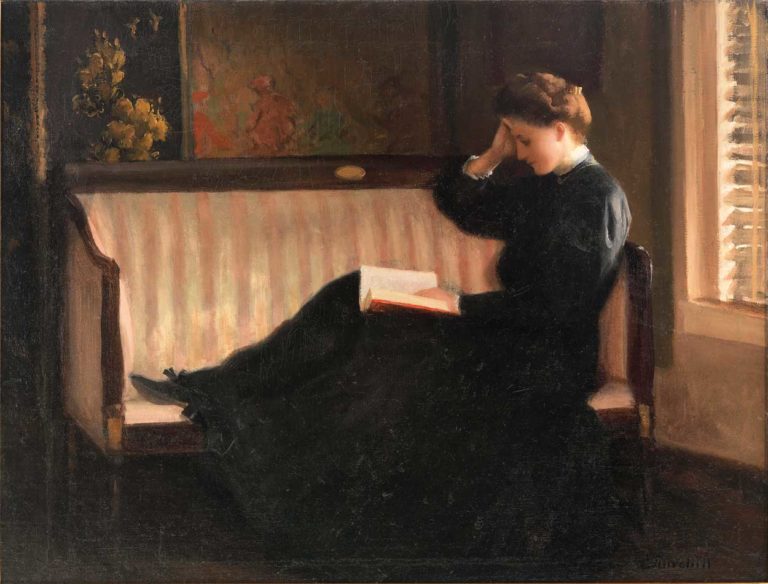Monday
I’ve been listening to Amor Towles’s novel Rules of Civility, which has a protagonist that is an enthusiastic novel reader. I share today Katie comparing Dickens to a morning cup of coffee. The passage is set up by an account of what that first cup meant to her father, who is reminiscing on his deathbed:
Whatever setbacks he had faced in his life, he said, however daunting or dispiriting the unfolding events, he always knew that he would make it through, as long as when he woke in the morning he was looking forward to his first cup of coffee.
“Only decades later,” Katie says, “would I realize that he had been giving me a piece of advice.” Here’s her explanation:
Uncompromising purpose and the search for eternal truth have an unquestionable sex appeal for the young and high-minded; but when a person loses the ability to take pleasure in the mundane—in the cigarette on the stoop or the gingersnap in the bath—she has probably put herself in unnecessary danger. What my father was trying to tell me, as he neared the conclusion of his own course, was that this risk should not be treated lightly: One must be prepared to fight for one’s simple pleasures and to defend them against elegance and erudition and all manner of glamorous enticements.
Then we get to Dickens:
In retrospect, my cup of coffee has been the works of Charles Dickens. Admittedly there’s something a little annoying about all those plucky underprivileged kids and the aptly named agents of villainy. But I’ve come to realize that however blue my circumstances, if after finishing a chapter of a Dickens novel I feel a miss-my-stop-on-the-train sort of compulsion to read on, then everything is probably going to be just fine.
The day that lit stops giving me that special jolt will probably be the day I’m ready to pack it in.


